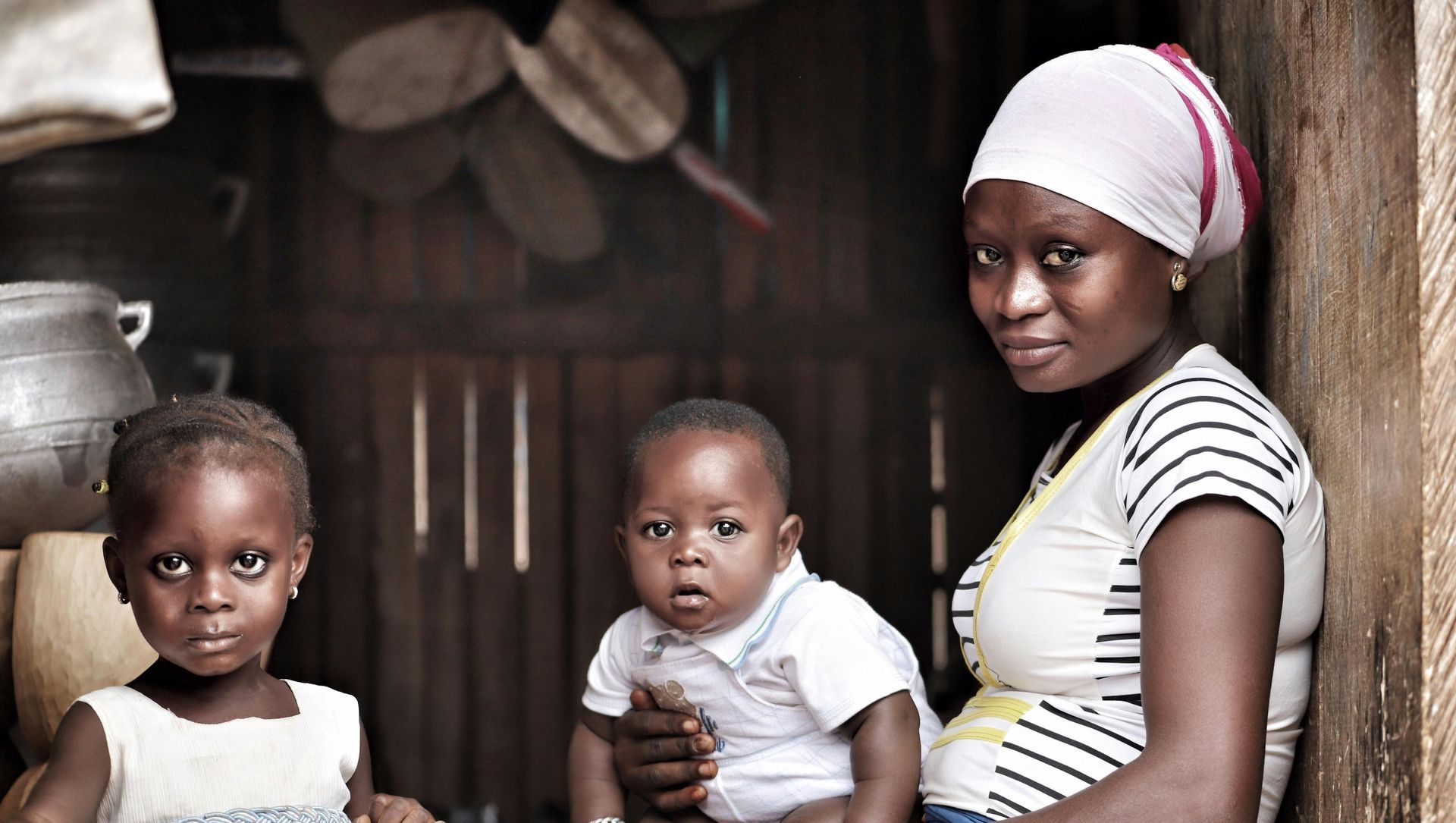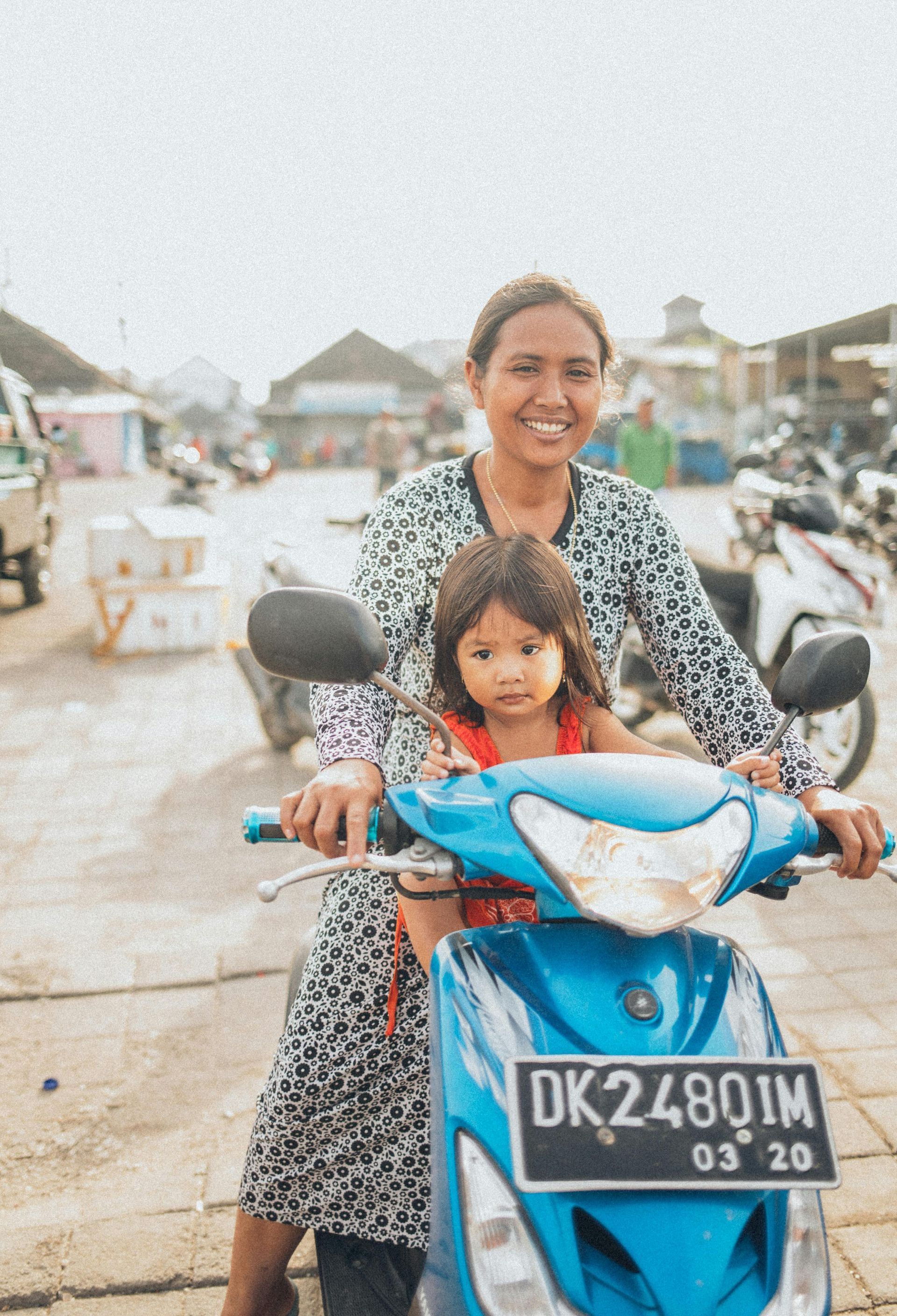The Role of Women in the Economy and the Need for a Parallel Currency
Diminish the Negative Impact
Women are disproportionately impacted by the current economic systems worldwide. In many countries, there is a glaring lack of support structures for women, particularly in areas like food, shelter, education, and healthcare. This structural neglect not only affects women but hinders half of the population from contributing fully to society. Addressing these disparities through economic reforms, including the adoption of a parallel currency, could provide significant relief and promote equality.
One of the least discussed but most impactful issues facing women in the economy is the economic burden of pregnancy, childbirth, and child-rearing. For many women, this financial strain begins the moment they become pregnant and lasts a lifetime. Despite the significance of this issue, it remains a topic that few people or governments are willing to address directly. The economic disadvantages stemming from unplanned pregnancies and the lack of support for women during and after pregnancy can trap them in
cycles of poverty and dependency, with long-term consequences not only for them but for their children as well.

The Economic Impact of Pregnancy and Child Rearing
In countries or states that limit or ban abortion while simultaneously failing to provide free childcare or adequate family support, the burden of child-rearing falls squarely on women. Without access to these vital services, many women face a future of economic hardship. Child-rearing demands time, energy, and financial resources, and without support, this responsibility can have a devastating impact on a woman’s ability to pursue education or build a career.
For many women, the only available options are dependency on their family or partner, even in difficult or unhealthy relationships, or reliance on government welfare programs. These options limit their personal autonomy and prevent them from realizing their full potential. Without financial support or affordable childcare options, women often have to sacrifice their ambitions, dreams, and the possibility of a fulfilling career. The myth that women can work full-time while raising children without substantial help is just that—a myth. Without access to childcare or family support, it is nearly impossible to balance work and motherhood effectively.
The Unique Economic Vulnerability of Women
Women are born into a unique situation in the economy simply because they are the ones who bear children. This biological reality places them in a vulnerable position, often making them dependent on others for support during and after pregnancy.
Without access to adequate healthcare, food, shelter, or education, the economic consequences of bearing a child can be overwhelming and can last a lifetime. A woman who is forced to carry and raise a child without the necessary resources is left economically disadvantaged, and this disadvantage can be passed down to her children as well.
This reality calls into question the fairness and sustainability of the current economic system. Without significant reforms, particularly around how we value and support women’s labor, including child-rearing, women will continue to face barriers that men do not.

The Need for a Parallel Currency
A possible solution to the economic imbalance women face is the implementation of a
parallel currency that addresses basic needs like food, shelter, education, and healthcare. A parallel currency would function alongside the current market-based system but would be specifically designated for essential needs. It would be used only for these basic human necessities, ensuring that no one, particularly women, is left without the means to support themselves or their children.
The beauty of a parallel currency system is that it could operate without creating inflation. When the currency is used and eventually reaches a bank, it would be destroyed, ensuring that it does not devalue the market currency. This system would allow society to guarantee a minimum standard of living for all individuals, without distorting the free market or causing inflationary pressures.
For women, this parallel currency would represent a way to navigate life with fewer obstacles. It would give them the financial security to make decisions about their lives, including whether to carry a pregnancy to term, without the fear of being economically disadvantaged. Women would no longer have to depend solely on the goodwill of their family, partner, or government assistance. With basic needs guaranteed, they could focus on pursuing education, career development, and other personal ambitions.

A Path Toward Equality
The introduction of a parallel currency system would mark a significant step toward gender equality. By ensuring that women have access to the resources they need to care for themselves and their families, we would be creating a world in which women have more autonomy and freedom to make choices about their lives. It would eliminate many of the economic barriers that prevent women from reaching their full potential and would allow them to contribute more fully to society.
The current economic system does not adequately address the unique challenges faced by women, particularly when it comes to child-rearing. By introducing a parallel currency system that ensures access to basic needs, we can create a more equitable society. This would allow women to live with dignity and the financial security to make decisions about their futures without being weighed down by the economic burdens of childbirth and childcare. Such a system would not only benefit women but would strengthen the economy and society as a whole.














